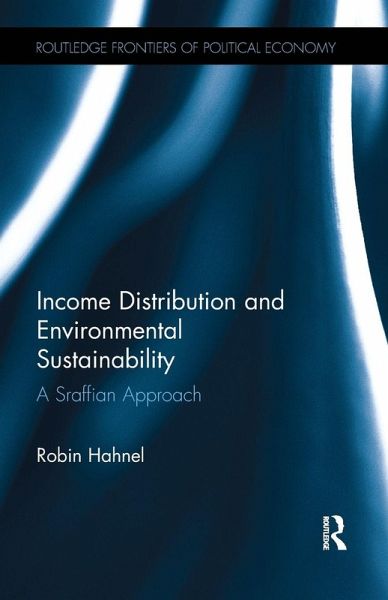
Income Distribution and Environmental Sustainability
A Sraffian Approach
Versandkostenfrei!
Versandfertig in 1-2 Wochen
61,99 €
inkl. MwSt.
Weitere Ausgaben:

PAYBACK Punkte
31 °P sammeln!
This book demonstrates how the Sraffian framework provides important advantages in treating both subjects. Split into three parts Income Distribution and Environmental Sustainability provides a rigorous exposition of Sraffian theory emphasizing what it means for the economy to be productive, adding a normative theory of income distribution to Sraffa's positive theory.




